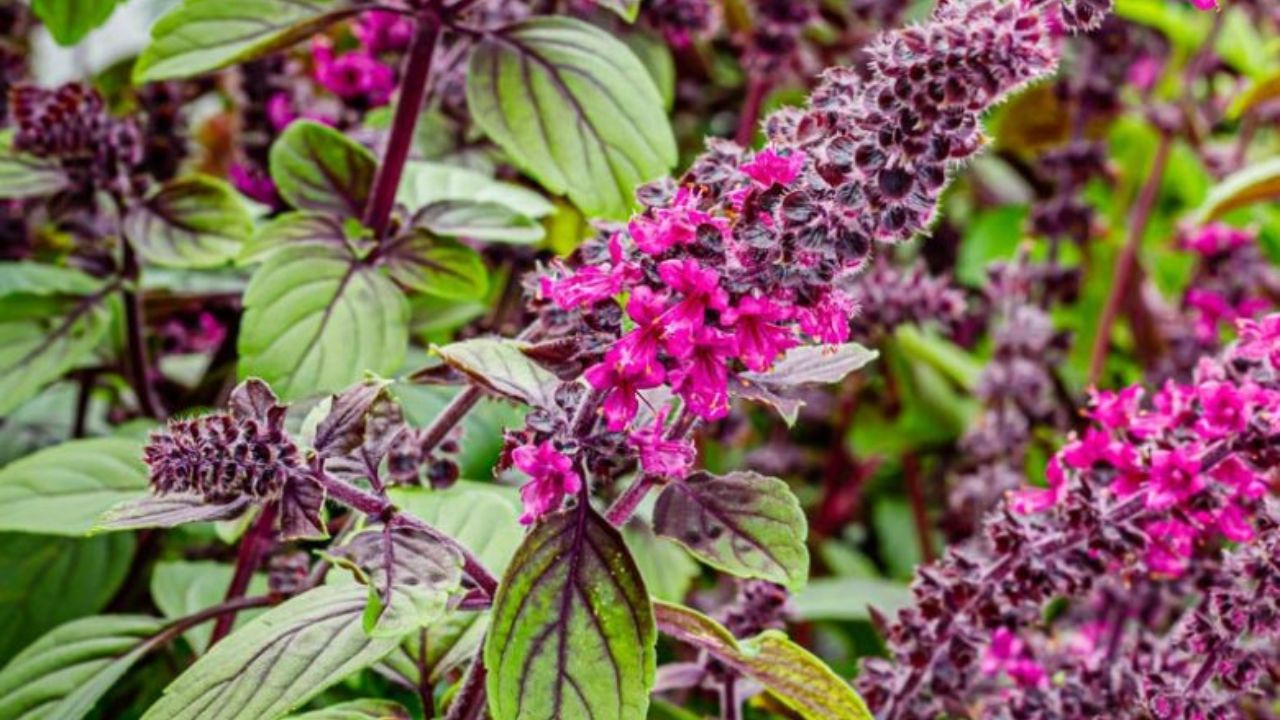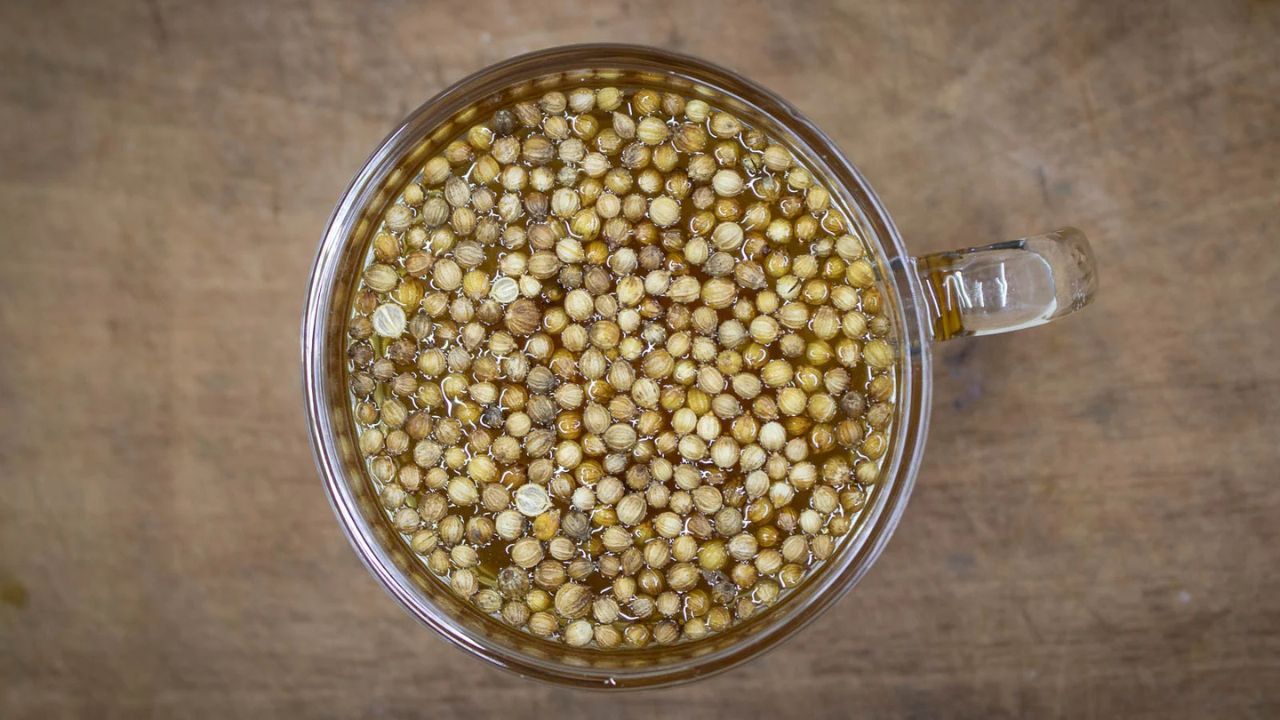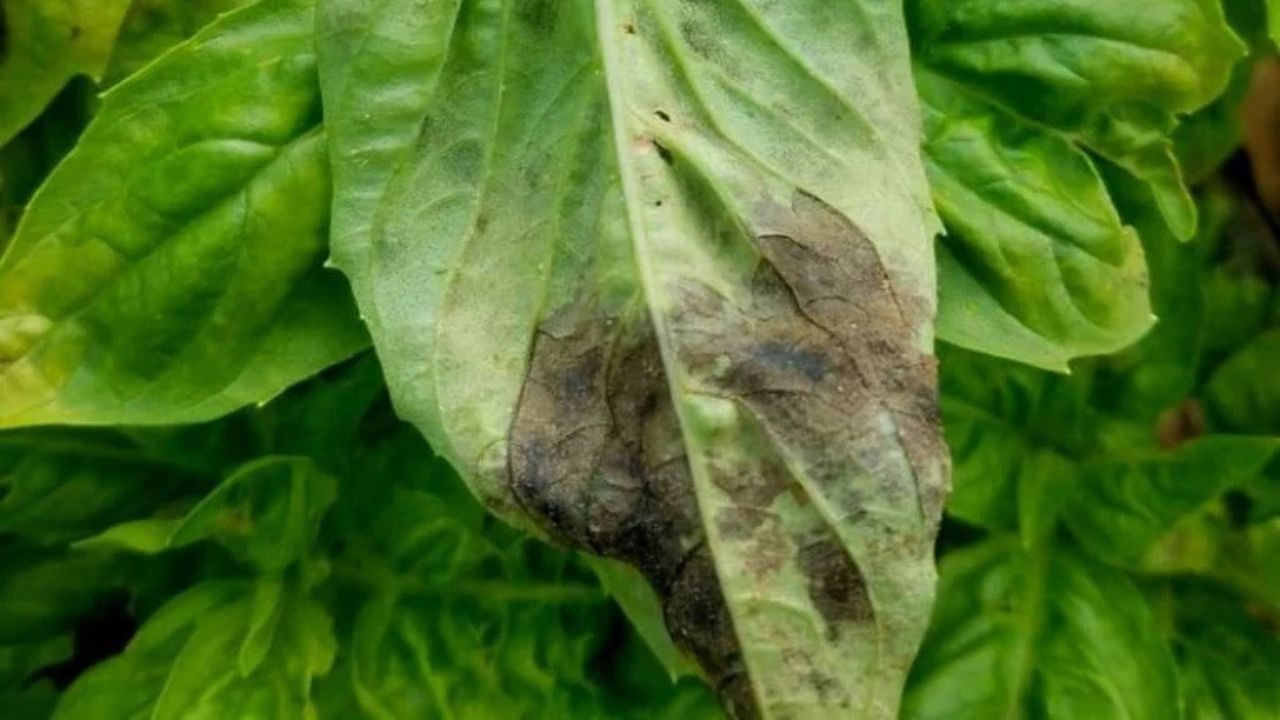Basil Kasar is a unique basil variety with a bold, slightly spicy flavor, commonly used in Mediterranean and Middle Eastern dishes. It has larger, crinkled leaves and offers potential health benefits, including aiding digestion. This article covers its key characteristics, uses, and how to grow and find it.
What is Basil Kasar?
Basil Kasar is a unique and aromatic variety of basil that is gaining popularity in culinary and herbal circles. Known for its distinct flavor, Basil Kasar offers a blend of sweet and spicy notes, making it an excellent addition to a variety of dishes.
This herb is often used in Mediterranean and Middle Eastern cuisines, where its versatility shines in both fresh and cooked forms.
Unlike traditional basil varieties like sweet basil, Basil Kasar has a more robust flavor that can elevate everything from salads and soups to meats and sauces. It is also appreciated for its potential health benefits, with many considering it a natural remedy for digestive issues and inflammation.
Key Characteristics of Basil Kasar
Basil Kasar is a distinct variety of basil with unique characteristics that set it apart from other basil types. Below, we’ll explore its appearance and taste profile to help you better understand what makes this herb special.
Description of its Appearance
Basil Kasar is visually distinct from other basil varieties due to its vibrant, deep green leaves that are slightly larger and more textured.
- The leaves are oval-shaped, with a pronounced wrinkled or crinkled appearance, giving them a unique and appealing look.
- The plant itself typically grows in a bushy form, with tall stems that can reach up to 18 inches in height.
- Basil Kasar often has a slightly woody stem, making it sturdier than other more delicate basil types.
Taste Profile and How it Differs from Other Basil Varieties
The taste of Basil Kasar is bold and complex, combining sweet, peppery, and slightly spicy notes. This flavor profile sets it apart from traditional sweet basil, which has a more mild, sweet taste.
The subtle spiciness of Basil Kasar enhances the overall depth of dishes, making it a perfect complement to both savory and slightly tangy recipes.
It has a more intense aroma compared to other basil varieties, offering a slightly sharper and more fragrant scent that makes it a standout in the kitchen.
This distinct taste allows Basil Kasar to be used in a variety of cuisines, from Mediterranean to Middle Eastern, where it adds a layer of richness and depth to the flavor profile.
Uses of Basil Kasar
Culinary Uses
Basil Kasar is a versatile herb commonly used in cooking and garnishing. Its bold, slightly spicy flavor enhances a variety of dishes, from salads and soups to meats, pasta, and sauces.
It can be added fresh to salads, blended into pesto, or used as a garnish for a fresh, aromatic finish. Its robust flavor also pairs well with Mediterranean and Middle Eastern cuisines, adding depth to dishes like falafel, kebabs, and stews.
Medicinal or Health Benefits
Basil Kasar is also known for its potential health benefits. It contains antioxidants and anti-inflammatory compounds that may help with digestion, reduce stress, and support overall wellness.
Some people use it in teas or as a natural remedy for mild digestive discomfort or headaches. While more research is needed, it is considered a beneficial herb for promoting general health.
4o mini
How to Grow Basil Kasar?
Basic Care Tips for Growing Basil Kasar at Home
Growing Basil Kasar at home is relatively easy with the right care. Start by planting seeds or young plants in well-drained pots or garden beds. Water the plants regularly but avoid overwatering, as basil prefers slightly dry soil between waterings.
To encourage healthy growth, prune the leaves regularly and remove any flowers that may form, as they can reduce the flavor of the leaves. Basil Kasar thrives when harvested frequently, so trim the leaves as needed to promote new growth.
Ideal Growing Conditions (Temperature, Sunlight, Soil)
Basil Kasar grows best in warm environments with plenty of sunlight. It requires at least 6 hours of direct sunlight per day to flourish. Ideal temperatures range from 70°F to 85°F (21°C to 29°C). For soil, ensure it is well-draining, rich in organic matter, and slightly acidic to neutral (pH 6 to 7).
A mix of potting soil with compost or organic matter works well. If growing indoors, place the plant near a sunny window or use a grow light to provide sufficient light.
Basil Kasar vs. Other Basil Varieties
Basil Kasar stands out from other basil varieties due to its distinctive flavor and appearance. While common basil varieties like sweet basil or Thai basil are known for their mild and sweet notes, Basil Kasar has a more robust, slightly spicy taste with a peppery undertone. This makes it ideal for adding a bold kick to dishes, especially those with rich or tangy flavors.
In terms of appearance, Basil Kasar has larger, more textured leaves with a wrinkled or crinkled surface, giving it a unique visual appeal. In contrast, varieties like sweet basil have smoother, smaller leaves. Additionally, Basil Kasar has a more pronounced aroma, making it easily recognizable in both fresh and dried forms.
While other basil types like Thai basil are often used in Asian cuisine, Basil Kasar is popular in Mediterranean and Middle Eastern cooking, offering versatility in a range of recipes. Whether in salads, soups, or grilled meats, Basil Kasar provides a distinct flavor that other basil varieties simply cannot match.
Where to Find Basil Kasar?
Available in Local Markets or Specialty Stores
Basil Kasar may not be as widely available as common basil varieties, but it can often be found in specialty grocery stores, Mediterranean or Middle Eastern markets, and organic food stores.
Fresh Basil Kasar may be sold in bunches or as potted plants, especially during the growing season. Local farmers’ markets are another good option to find fresh herbs, including Basil Kasar, from local growers.
Online Sources and Availability
For those unable to find Basil Kasar locally, it is also available from various online retailers. Websites that specialize in herbs, gardening supplies, and specialty foods often offer Basil Kasar seeds, plants, or dried leaves.
Online platforms like Amazon, Etsy, and herb-focused stores might also carry this variety, allowing you to purchase it and have it delivered directly to your home. Be sure to check for trusted sellers who provide high-quality products.
Related Questions People Often Ask:
What is The Taste of Basil Kasar?
Basil Kasar has a bold, slightly spicy flavor with a peppery undertone, making it more intense than common basil varieties like sweet basil.
Can I Grow Basil Kasar Indoors?
Yes, Basil Kasar can be grown indoors, provided it receives at least 6 hours of direct sunlight or a grow light. It thrives in warm temperatures and well-drained soil.
What Are The Health Benefits of Basil Kasar?
Basil Kasar contains antioxidants and anti-inflammatory compounds, which may aid digestion, reduce stress, and support overall health when used in cooking or as herbal tea.
Overall Reflection
Basil Kasar is a bold, spicy basil variety with crinkled leaves, commonly used in Mediterranean and Middle Eastern dishes. It offers potential health benefits like aiding digestion and can be easily grown or found in specialty markets.




